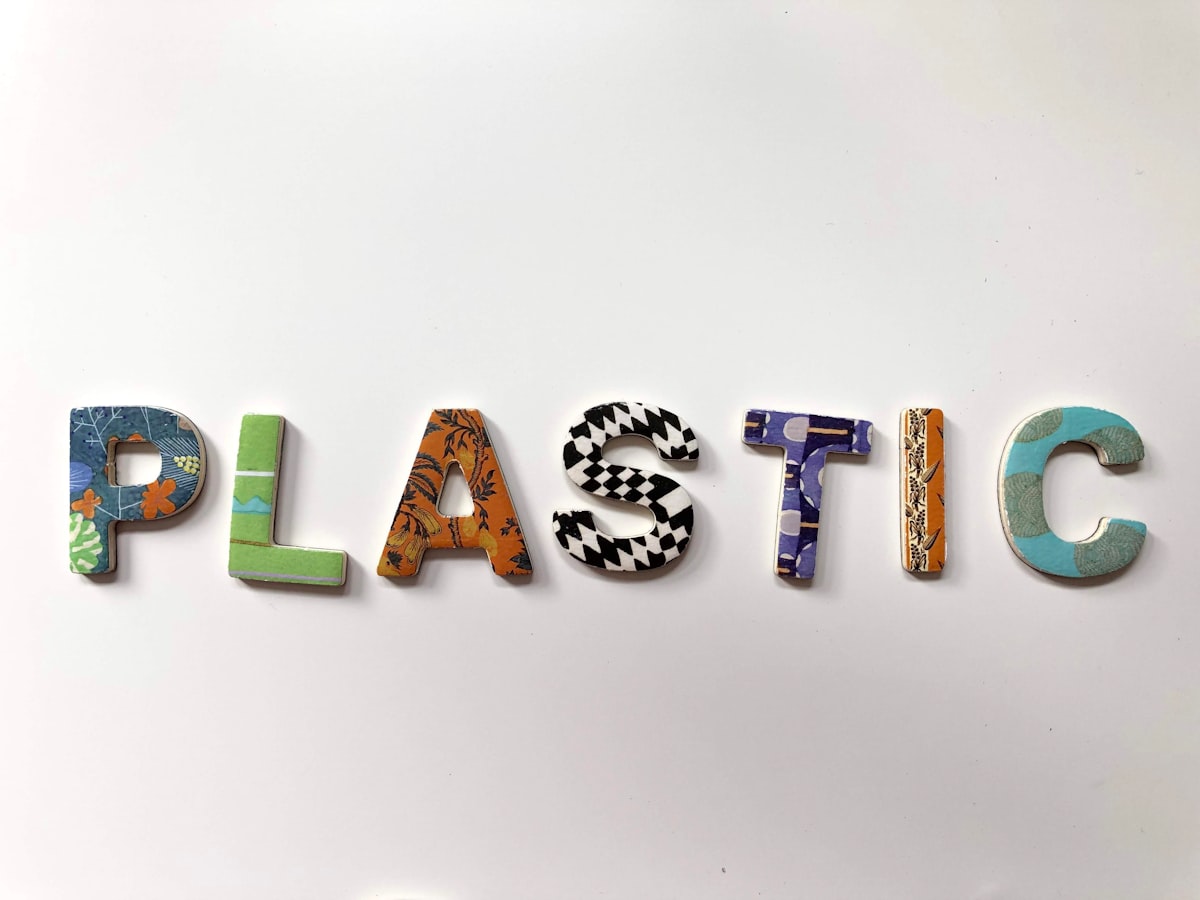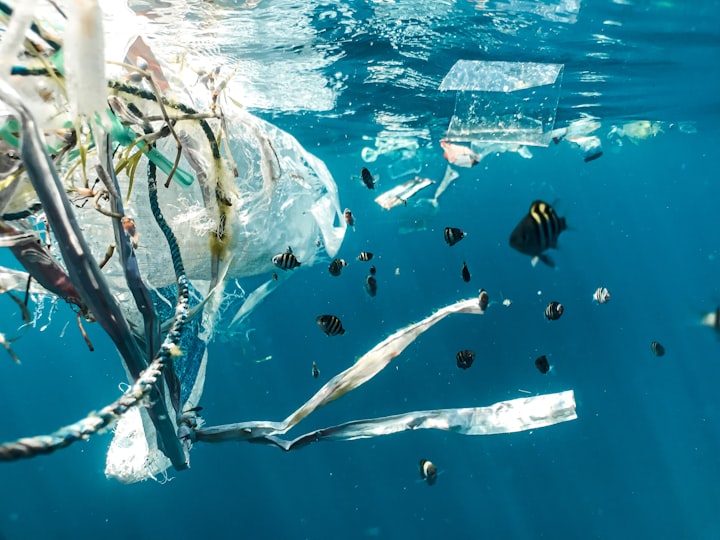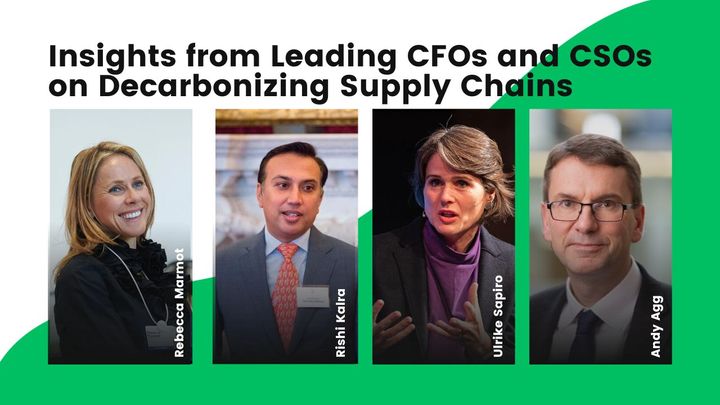Rethinking Plastic Packaging: Unilever's Commitment to a Waste-Free World
Unilever is reshaping its plastic strategy with a three-pronged approach: using "Less Plastic", opting for "Better Plastic", and exploring "No Plastic" alternatives. Committed to sustainability, they've reduced their virgin plastic footprint by 13% since 2019

Plastic has become an integral part of our daily lives, offering convenience and efficiency in packaging products. However, the environmental impact of plastic waste is undeniable. Recognizing the urgency of this issue, Unilever is taking significant strides to rethink its approach to plastic packaging.
The Plastic Challenge
Plastic is a versatile material, often providing a lower carbon footprint compared to other materials. Yet, its presence in our environment is alarming. Research indicates that if no action is taken, the creation of virgin plastic could double, and the amount of plastic entering our oceans could triple by 2040. Unilever acknowledges its responsibility in this scenario and is committed to reducing its virgin plastic usage and adopting a circular approach to packaging.
A Global Call for Action
Unilever is not just working in isolation. The company is advocating for a global UN treaty with legally binding targets to address plastic waste. They support policies like Extended Producer Responsibility (EPR), where companies are accountable for the collection of their packaging. EPR schemes can be transformative in addressing plastic pollution by reinvesting in waste management and packaging innovation.

The Three-Pronged Approach: Less, Better, No Plastic
Unilever's strategy is guided by three main principles:
- Less Plastic: By reimagining product design and packaging, Unilever aims to reduce its plastic usage. For instance, they promote the concept of a 'bottle for life' for their cleaning and laundry products. Ultra-concentrated products, like Comfort’s laundry formulas, also play a role in reducing plastic through smaller packaging.
- Better Plastic: Unilever is committed to using recyclable and recycled plastics. Currently, 55% of their packaging is recyclable, reusable, or compostable. They aim to bridge the gap between technically recyclable packaging (71% of their portfolio) and actual recyclability, which is hindered by inadequate infrastructure.
- No Plastic: Unilever is exploring alternatives to plastic, such as refill stations and alternative packaging materials like paper, glass, and aluminum.
Impactful Numbers
- Since 2019, Unilever has reduced its virgin plastic footprint by 13%.
- The company's total plastic packaging comprises 67% rigid materials, 30% flexible packaging, and 3% tubes.
- Unilever has increased its use of post-consumer recycled plastic to 21% of its total plastic footprint, aiming for at least 25% by 2025.
Innovative Solutions and Collaborations
Unilever is investing in technology-led solutions to enhance recycling rates. In Indonesia, they support urban communities in waste collection and have introduced a digital platform to locate waste banks. In China, artificial intelligence is being employed to boost recycling. Collaborations with partners in the UK and US are addressing the challenge of black plastic, which is typically undetectable by waste sorting machines.
Human Rights in the Plastic Value Chain
Unilever recognizes the role of informal waste collectors in the plastic value chain. They often work under challenging conditions without adequate wages or benefits. Unilever is committed to ensuring their rights and well-being. Collaborations with organizations like the United Nations Development Programme (UNDP) in India aim to support these workers and create a circular economy for plastic.
Conclusion
Unilever's proactive approach towards rethinking plastic packaging showcases the company's dedication to sustainability and environmental responsibility. By reducing plastic usage, adopting better plastic alternatives, and exploring plastic-free solutions, Unilever is setting a benchmark for other companies to follow in the journey towards a waste-free world.




Comments ()